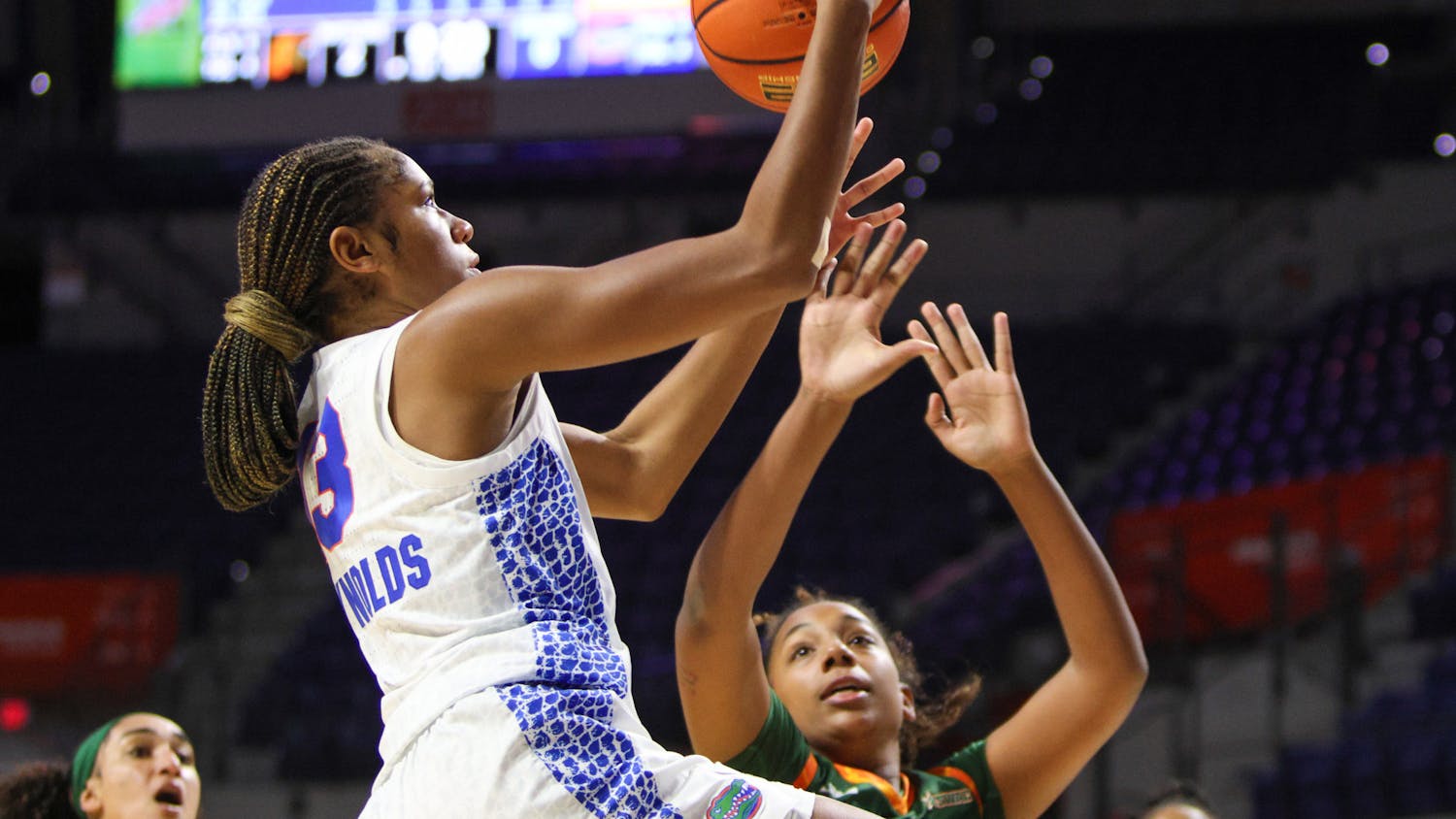I don't know when we, as a culture, got this idea that reading in any form is better for kids than watching TV or playing video games.
I got a lot of flak when I made the same point briefly in my column discussing "Twilight." I won't take on vampires again, but I still believe that reading in and of itself is over-glorified in our society.
"Ttyl," "ttfn" and "l8r, g8r" are my newfound targets - young-adult novels written in instant-message speak. They're old news - the most recent book came out in 2007 - but apparently, they're still popular at the library of the middle school where my mother is a language arts teacher.
I'm not above using "OMG" or "brb" in my texting conversations. I'm pretty sure some of my friends get annoyed by my overuse of "lol."
However, looking over my texts and instant-message conversations with friends, I would never give them to a child as reading material. Sure, most of them have a compelling narrative, but even my grammar-Nazi text ramblings overlap only slightly with the English language as my high-school teachers taught it.
What can teenagers possibly learn from reading books written in text speak? Being generous, I'll say they could learn about plot or characterization. But they can learn those same things from watching a sitcom every night.
Reading is not inherently a good or bad activity. The value in reading comes from the value of the material children are reading. I don't think I gained anything cerebral from reading the backs of cereal boxes as a child.
Growing up, I was an avid reader, and what I took away from the hundreds of books I checked out from the library stays with me today. I became familiar with different sentence structures, with spelling and with vocabulary I hadn't known before. I absorbed history, geography and science knowledge as well from books that incorporated those subjects into an overall narrative.
Reading took me out of my comfort zone and made me think.
That's why the defense that "these kids would never pick up a book otherwise" irritates me. Had I grown up only reading books made up of abbreviations, I doubt I could have written an essay coherent enough to make it into UF.
In high school, I tutored middle-school kids who had difficulty both reading and writing some one-syllable words. If I had to hazard a guess, I would say that those same kids are sending hundreds of texts every month now. That won't get them into college. It won't get them a job. They won't learn anything besides the latest school gossip.
Not only are books like "l8r, g8r" not literature - I'd argue that they're more harmful than helpful.
What is the value of the written word over other media if it no longer bears resemblance to real words? Cinema might dumb down "The Great Gatsby" from what F. Scott Fitzgerald put on the page, but at least it has themes, characters, plot and a recognizable vocabulary.
I would rather have kids who watch PBS than read a lot of what's on the shelves of young adult sections in libraries.
The written word is an ancient and noble form of communication, but that doesn't make it inherently stronger than other forms.
And literacy is more than being able to punch out a sequence on a keypad and understand the response.
OMG, 4 rlz.
Hilary Lehman is a journalism senior. Her column appears on Wednesdays.





